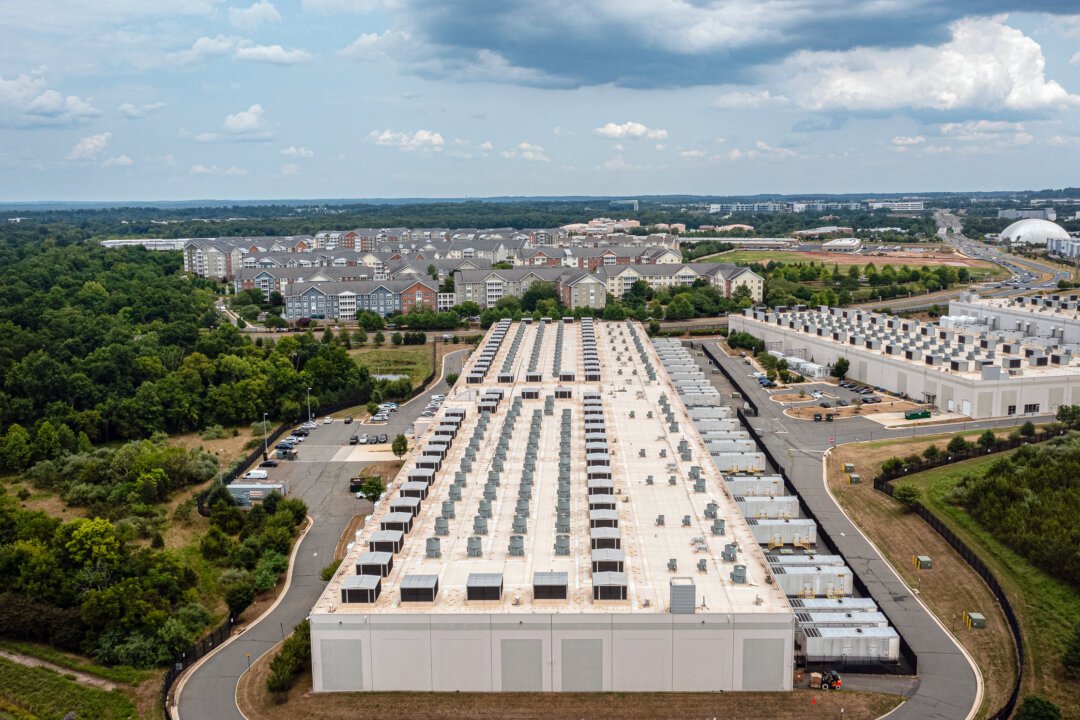
Data Center Boom: A Double-Edged Sword for Communities?
The rapid expansion of data centers across the United States is sparking heated debates in communities from coast to coast. While these technological hubs promise economic growth, concerns are mounting regarding their environmental impact and potential negative consequences for local residents.
In states like Georgia, Oregon, New England, and New Mexico, residents are voicing their opposition at local government hearings. Their primary concerns revolve around the massive electricity consumption, significant water usage, and disruptive noise levels generated by these facilities. Critics also point out that the job creation associated with data centers often falls short of expectations compared to other land development options.
The situation is particularly complex in Texas, where small towns are grappling with the broader implications of rapid rural industrialization, with data centers being a significant component of this growth. Similar anxieties are surfacing in Pennsylvania, where ad hoc community groups highlight the link between data center development, increased natural gas extraction (including fracking), and the resulting strain on local water resources.
The issue extends far beyond these specific locations. Across Indiana, Minnesota, Kansas, Nebraska, and numerous other states, residents express growing concerns about the scale and proximity of these high-tech campuses, fearing negative impacts on their neighborhoods and property values. The debate highlights a crucial question: how can communities harness the potential benefits of data center development while mitigating its potential drawbacks?

